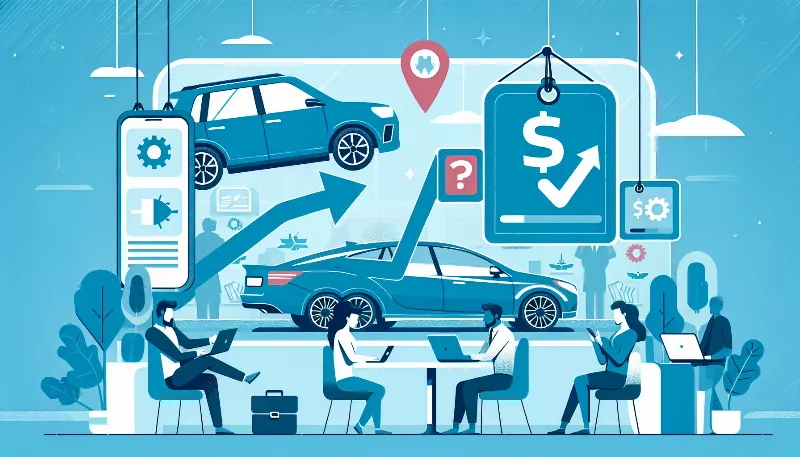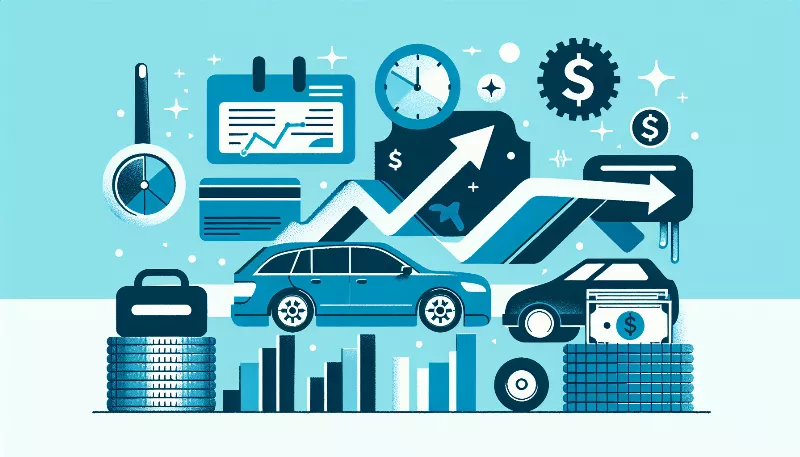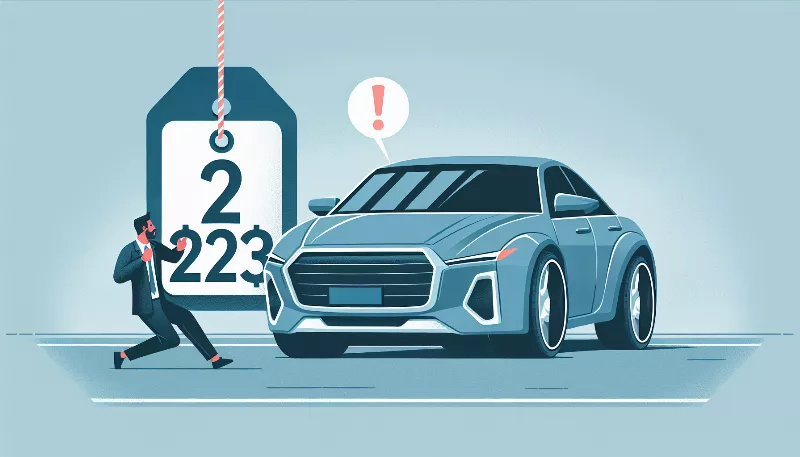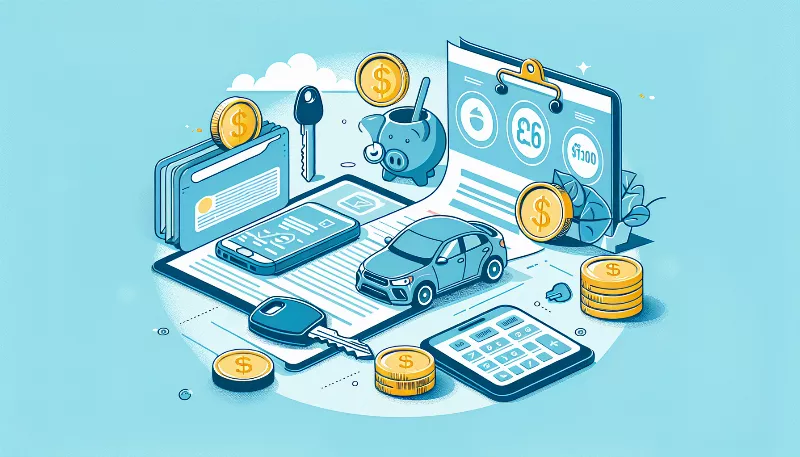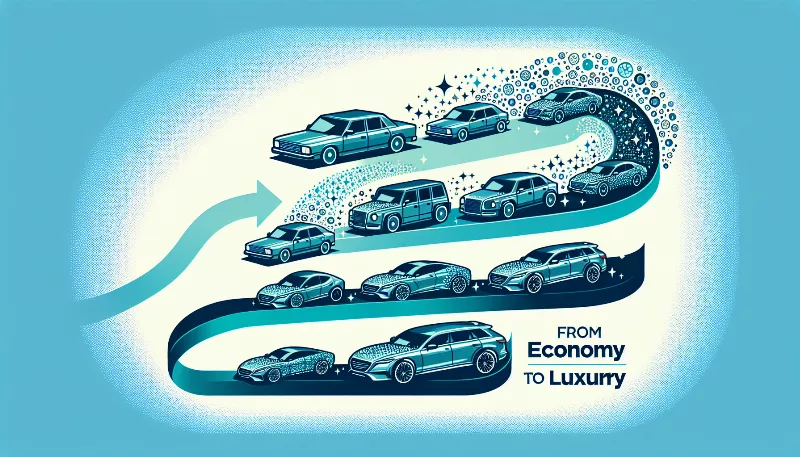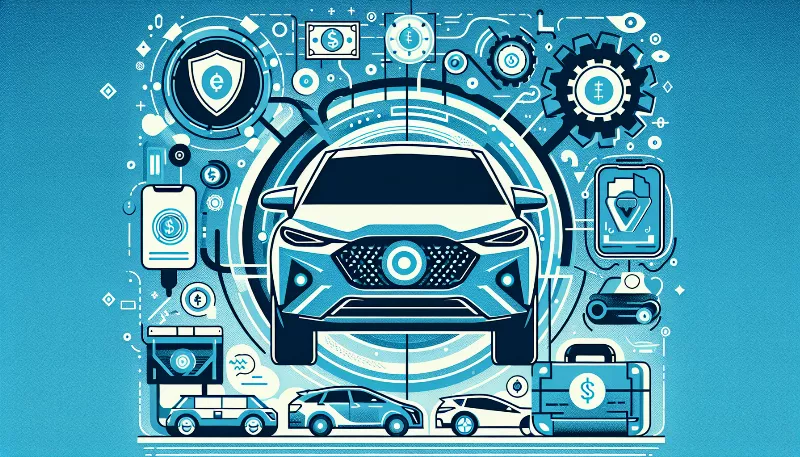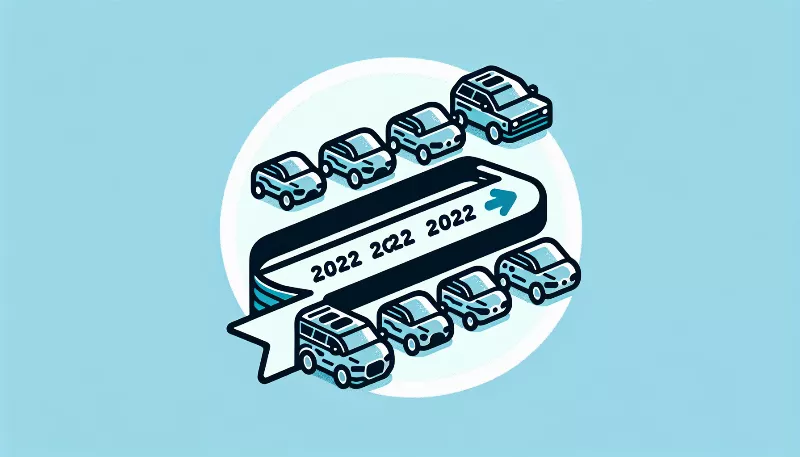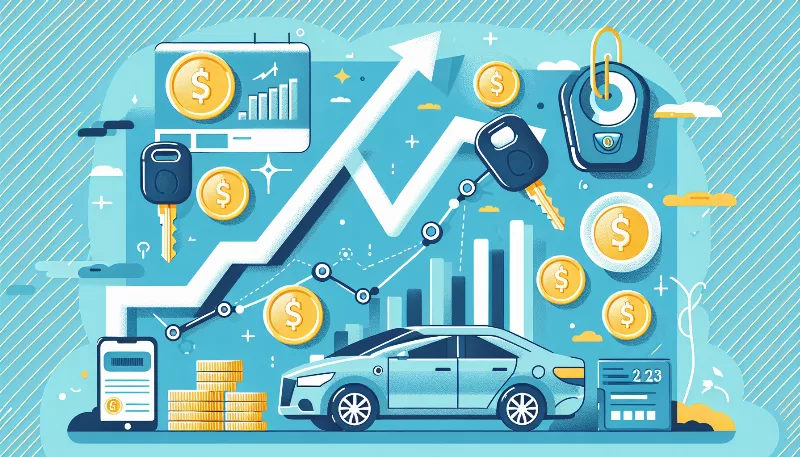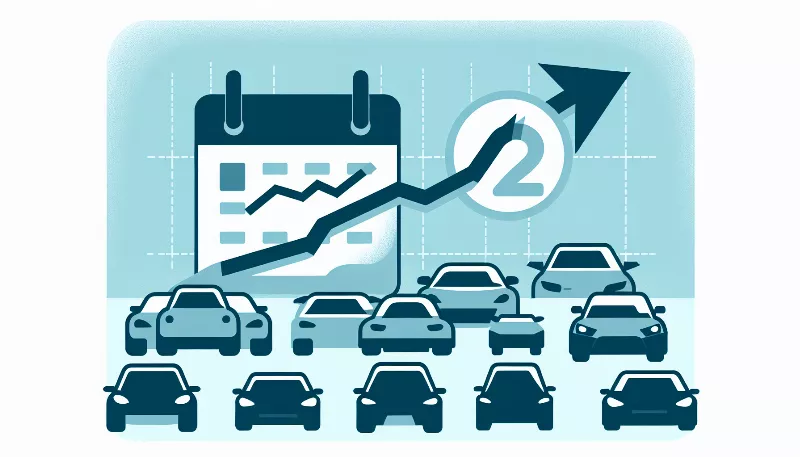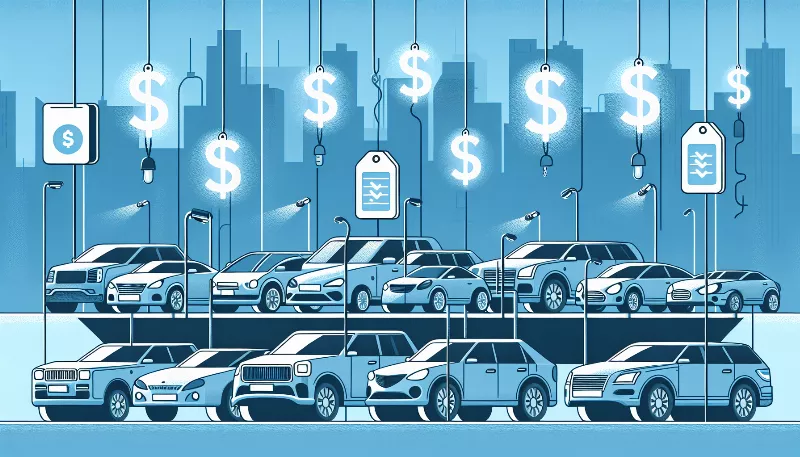Get the Best Bang for Your Buck: Essential Strategies for Pricing Used Cars
Maximize your profit with expert tips on pricing used cars. Learn the secrets to getting top dollar for your vehicle now!
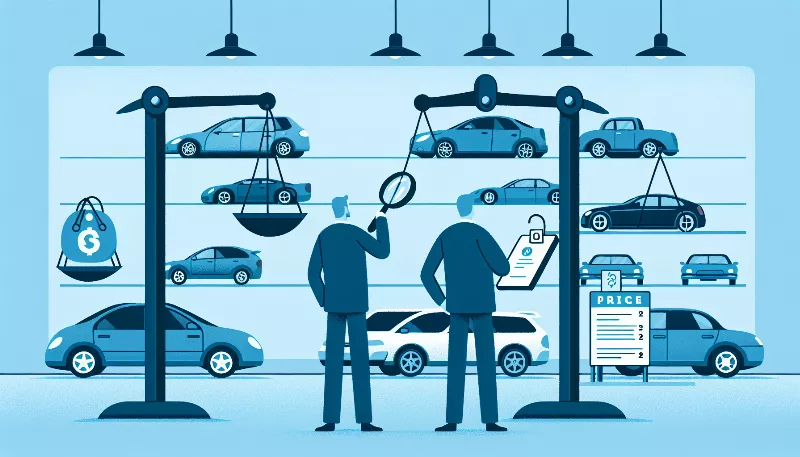
Introduction to Smart Pricing
When it comes to selling your used car, setting the right price can be the difference between a quick sale and a prolonged, frustrating experience. But how do you ensure that you're getting the best bang for your buck? Fear not! With a few essential strategies, you can price your used car competitively and attractively, ensuring a win-win situation for both you and the buyer.
Understanding the Market Value
The first step in pricing your used car is to understand its market value. This means researching what similar models are selling for in your area. Take into account factors such as the car's make, model, year, mileage, condition, and any additional features or upgrades. Websites like Kelley Blue Book and Edmunds offer valuable resources for gauging your car's worth based on these criteria. Remember, knowledge is power, and being well-informed is key to setting a realistic and competitive price.
Consider the Condition
Your car's condition plays a crucial role in determining its price. Be honest with yourself about the state of your vehicle. Does it have any mechanical issues? Are there dents or scratches on the body? How's the interior holding up? A car in excellent condition can command a higher price, while one with several flaws needs to be priced accordingly. It might be worth investing in minor repairs or a professional detailing service to boost your car's appeal and value.
Price for Negotiation
It's common practice for buyers to negotiate the price of a used car. Therefore, when setting your initial asking price, leave a little wiggle room. This doesn't mean you should inflate the price excessively, but rather price it slightly above your bottom line. This strategy allows you to engage in negotiations with potential buyers without sacrificing your desired return.
Timing is Everything
Believe it or not, the time of year can impact the sale of your used car. Convertibles and sports cars tend to sell better in the spring and summer months, while SUVs and all-wheel-drive vehicles are more in demand during fall and winter. Timing your sale to coincide with these trends can help you fetch a better price.
Marketing Matters
How you present your car to potential buyers can significantly affect their willingness to pay your asking price. Take high-quality photos from multiple angles and write a detailed, honest description of the car. Highlight its strengths and be upfront about any issues. The more information you provide, the more confident buyers will feel about the transaction, which can justify your pricing.
Stay Competitive
Keep an eye on the competition. Regularly check listings for cars similar to yours and adjust your price if necessary. If you notice similar vehicles selling for less, consider lowering your price to stay competitive. Conversely, if you find that you've priced your car too low, don't be afraid to adjust upward, especially if you're receiving a lot of interest.
Conclusion: Seal the Deal with Confidence
Pricing a used car doesn't have to be a shot in the dark. By understanding the market value, considering the condition of your vehicle, pricing for negotiation, timing your sale, marketing effectively, and staying competitive, you can set a price that's both attractive to buyers and beneficial to your wallet. Approach the process with confidence, and you'll be sure to get the best bang for your buck!

